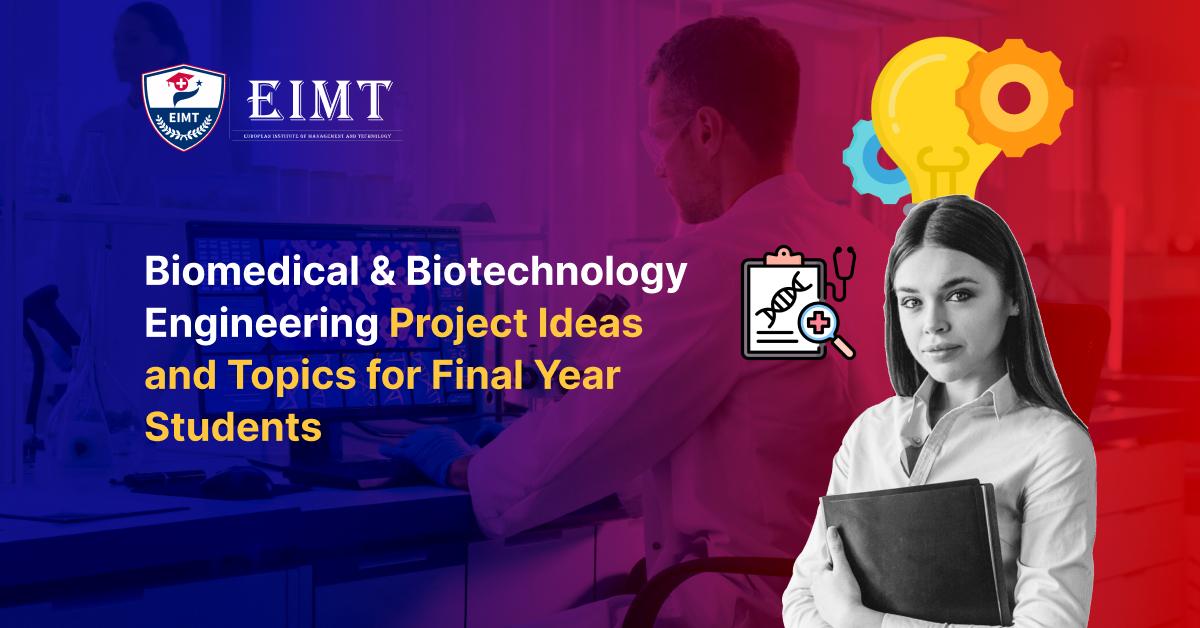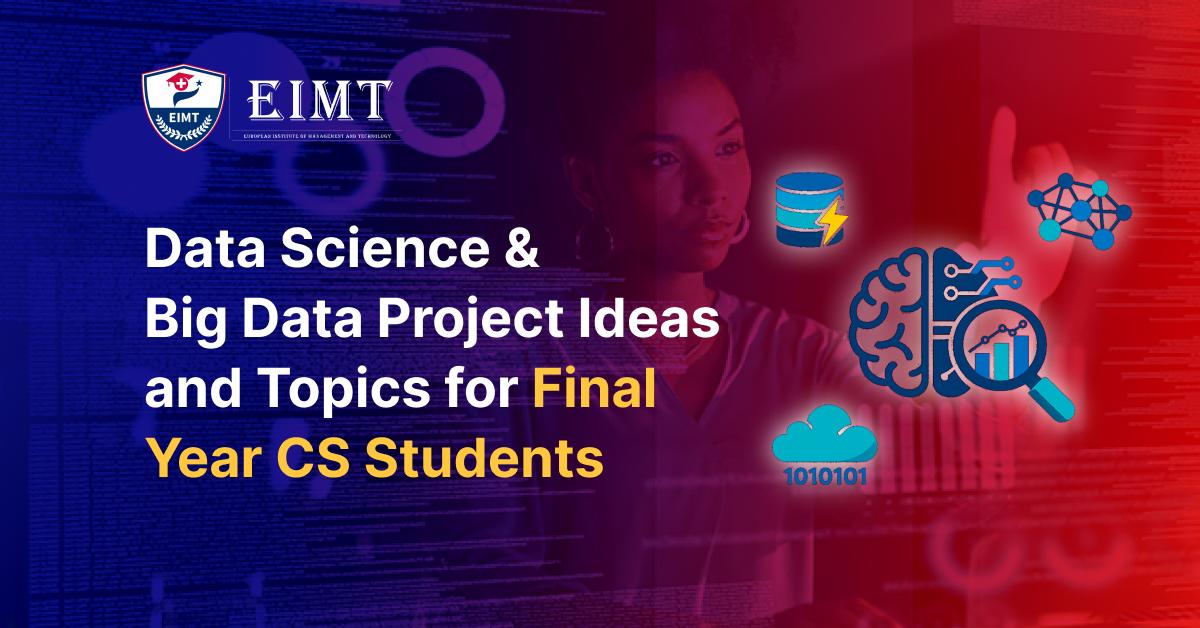Strategic Intelligence: Integrating Data Science with Management Theories
Home / Strategic Intelligence: Integrating Data Science with Management Theories
TECHNOLOGY
Jun 18, 2025
The emergence of data science has transformed several industries and has furnished businesses with tools that would enable them to analyze tremendous volumes of information to obtain action-able insights. With respect to management, data science techniques may be added to classical management theories to facilitate better decisions, more efficient operations, and improved strategic results.

Subsequent sections detail how data science can be used with major management theories to build organizational effectiveness and ensure business success.
1. Classical management theory (Scientific Management)
Theory overview:
Classical Management Theory, or Scientific Management, is concerned with the improvement of productivity and efficiency, focusing on the scientific study of processes in relation to work. Its major objective is finding the "one best way" that can be implemented by each worker. The focal point in this theory revolves around optimal labor and eliminating waste.
Data science application:
Data science improves the approach by using data-driven methods to optimize workflows and eliminate inefficiencies. Predictive analytics can analyze processes; understand productivity bottlenecks, while machine learning suggests better task allocation. Additionally, time and motion studies are enriched with sensors, wearables, and tracking software to monitor employee activities in real-time. This data reveals objective insights into performance and allows managers to redesign workflows for efficiency.
Case Study: Amazon Fulfillment Centers
Amazon applies machine learning to maximize picker routing and inventory placement—mirroring the Scientific Management principle of removing inefficiencies. Warehouse robots that were guided by data lowered pick-failure rates by ~20% in test cell deployments.
2. Human relations theory
Theory overview:
Human Relations Theory focuses on employee well-being, motivation, and communication as factors to improve productivity. The theory argues that if the human element is happy and motivated, the individual will perform better.
Data science application:
Data science supports Human Relations Theory by applying sophisticated analytics in measuring employee sentiment and predicting behaviour. The use of NLP helps in sentiment analysis in surveys, feedback, and social media to analyze the level of morale and engagement. Predictive analytics calculates the chances of employee turnover based on factors such as job satisfaction, workplace dynamics, and compensation, so that HR managers can be proactive in retention and morale building.
Case Study: IBM’s Predictive Attrition
IBM established Watson‑driven HR analytics that allow for ~95% accurate forecasting of employee turnover through behavior, learning activity and performance metrics—enabling preventive retention strategies.
3. Contingency theory
Theory overview:
Contingency Theory asserts that the best management style varies based on the situation, influenced by factors such as the organization's environment, resources, and employee behaviour.
Data science application:
Managers can use data science for real-time insights into both internal (for example, performance of employees, resources) and external factors (for example, market conditions) to take well-informed decisions. Simulations through machine learning can thus help explore management strategies by predicting outcomes and quick adaptation to changes.
Case Study: IBM Watson in Talent Management
IBM's YourLearning platform leverages AI to personalize training and HR suggestions to every employee, illustrating a situational strategy for workforce growth.
4. Systems theory
Theory overview:
Systems Theory views an organization as a system of interdependent parts that work together to achieve common goals, where changes to one part affect the others.
Data science application:
Data science extends Systems Theory by applying network analysis to the mapping of interactions within an organization, revealing weak points that require improved communication and collaboration. Predictive models optimize system performance by calculating the interaction between the subsystems and preventing possible malfunctions in any part that would otherwise disrupt smooth operation within all areas.
Case Study: Cisco’s Network Analysis Module
Cisco IT utilized real-time and historical network analytics to track communication flows, forecast performance problems and avoid cross-team disruptions—implementing Systems Theory to ensure organizational resilience.
5. Strategic management theory
Theory overview:
Strategic Management Theory is a development of strategies to gain a competitive advantage, identify opportunities, and execute plans effectively.
Data science application:
Data science provides strategic management insights for data-driven decision-making. Competitive analysis will indicate market gaps and areas of underperformance. Clustering algorithms improve market segmentation to ensure personalized marketing and products. Predictive modeling allows forecasting of market trends and customer behaviour, enabling business strategies to be adjusted proactively to stay ahead in the market. Therefore, data science plays a significant role in shaping effective strategies and achieving market success.
Case Study: Netflix Predictive Content Strategy
Netflix employs recommender systems and experimentation platforms to predict content success, combining data science with strategic investment choices.
6. Lean management theory
Theory overview:
Lean Management Theory is to provide maximum customer value by removing as much waste as possible and making sure that every step in the production or service process adds value. It is focused on efficiency and continuous improvement.
Data science application:
Process optimization relies critically on data science because it discovers inefficiencies and bottlenecks in production processes. Analysis of statistics and data real time can identify areas of wastefulness, thus aiding in process optimizations. Predictive analytics allows the prediction of customer demand; thereby aiding a firm to keep the required stock, preventing either overproduction or the threat of stockouts.
Case Study: Toyota’s SMED Implementation
Using accurate measurement and standardized scheduling, Toyota reduced die-change time from hours to less than 10 minutes—reflecting Lean's focus on eliminating waste.
7. Total quality management (TQM)
Theory overview:
TQM is a management approach that focuses on continuous improvement and customer satisfaction. It enhances processes and product quality by encouraging every employee to contribute to quality management.
Data science application:
Data science boosts TQM by providing tools for quality control. Analyzing production data in real-time helps businesses detect defects early, identify patterns in quality issues, and predict potential problems before they affect customers. Furthermore, using real-time analytics and dashboards that track key performance indicators, one can support continuous improvement efforts to help businesses make timely adjustments to processes and drive ongoing improvements.
Case Study: Samsung’s Real-Time Quality Analytics
Samsung applies AI to enable real-time defect detection and performance tracking on dashboards, enhancing product quality and minimizing defective production.
8. Innovation management theory
Theory overview:
Innovation management theory involves managing innovation in an organization. Innovation refers to new products, services, or processes that give an organization a competitive edge.
Data science application:
Data science helps in innovation management in that it can predict innovations that will work. By analyzing patents, research, and changes in market conditions, data science may detect emerging technologies and areas that can be innovated upon. Additionally, customer feedback analysis through NLP techniques may give the company information regarding how customers are reacting to new products and ideas, making it of utmost importance for future innovations.
Case Study: P&G’s Connect + Develop
Procter & Gamble employs its "Connect + Develop" open-innovation policy and analytics to capture outside ideas, leading to quicker launches of breakthrough products.
9. Porter's five forces theory
Theory overview:
Porter's Five Forces model assesses the competitive forces within an industry, which include supplier power, buyer power, rivalry, the threat of new entrants, and the threat of substitutes.
Data science application:
This model is strengthened by data science with tools used to evaluate rivalry in terms of market share, customer surveys, and pricing policies. Moreover, with NLP-based market sentiment analysis, businesses will be able to understand public perception of their products, services, and brands, giving them the change to realign their strategies according to changing market conditions.
Case Study: Unilever’s R&D Robotics and Market Insights
Unilever's £68M Materials Innovation Factory applies AI-powered automation and sensor data to predict product trends and inform competitive plans—ranging from supplier power to buyer needs.
10. Decision Theory
Theory Overview:
Decision Theory addresses how people and organizations make decisions, particularly in uncertain situations. It explores rational decision-making, cost-benefit analysis and expected utility to select the best course of action. Business applications of this theory include evaluating investments, project management and strategic direction.
Data Science Application:
Data science extends Decision Theory by providing data-driven decisions through predictive modeling, risk assessment and scenario simulation. Decision trees, Monte Carlo simulation and A/B testing are used to compare the consequences of different decisions. Cognitive bias is minimized through the use of AI tools, and organizations are able to make quicker, more logical decisions in changing environments.
Case Study—UPS:
UPS, a global shipping and logistics company, employs sophisticated analytics and decision-support systems based on artificial intelligence for optimizing routes and planning logistics. This not only reduces delivery expense and fuel consumption but also improves real-time decision-making during traffic or weather disturbances—representing fundamental concepts of decision theory.
Final thoughts
Data science combined with traditional management theories improves decision-making, streamlines processes, and enhances outcomes. It offers data-driven insights to organizations, enabling them to refine practices, predict future trends, optimize operations, and drive innovation. As businesses continue to evolve, the integration of data science with management theories will be the key to success in a rapidly changing landscape.
Latest Updates & Articles
Stay Connected !! To check out what is happening at EIMT read our latest blogs and articles.







